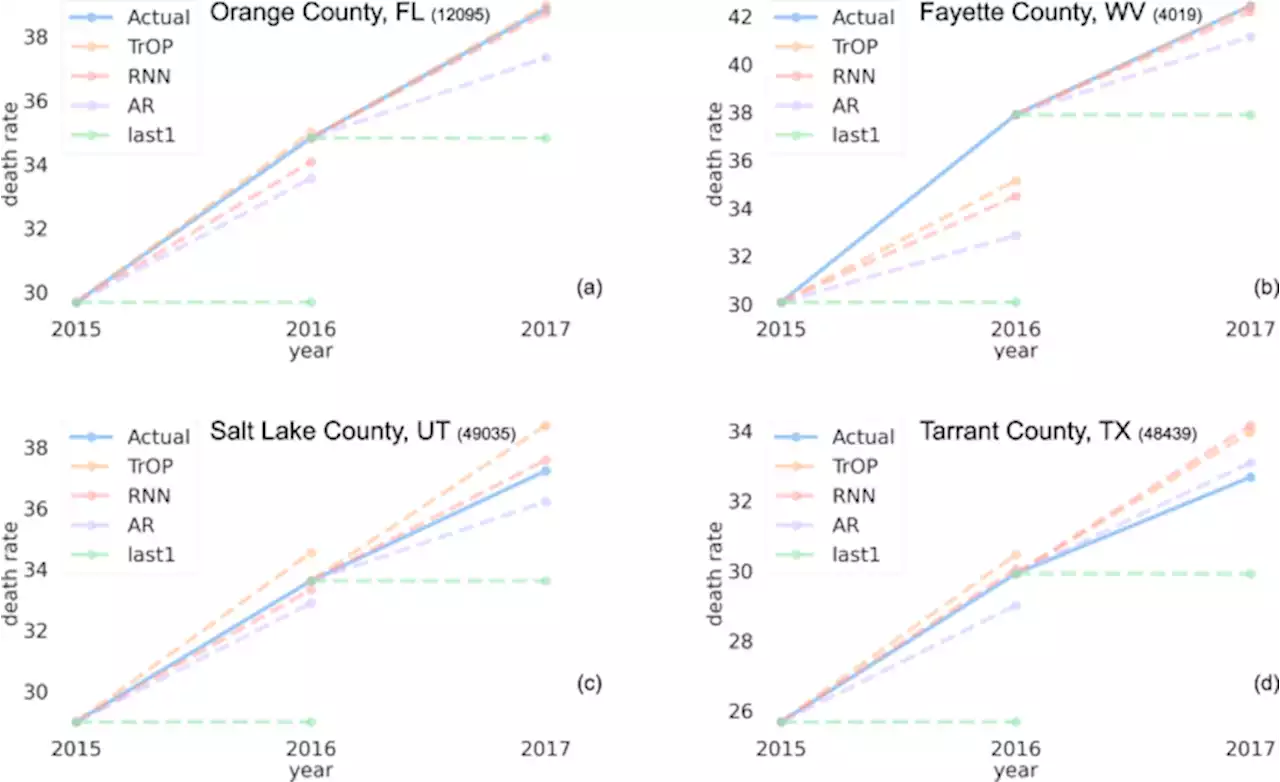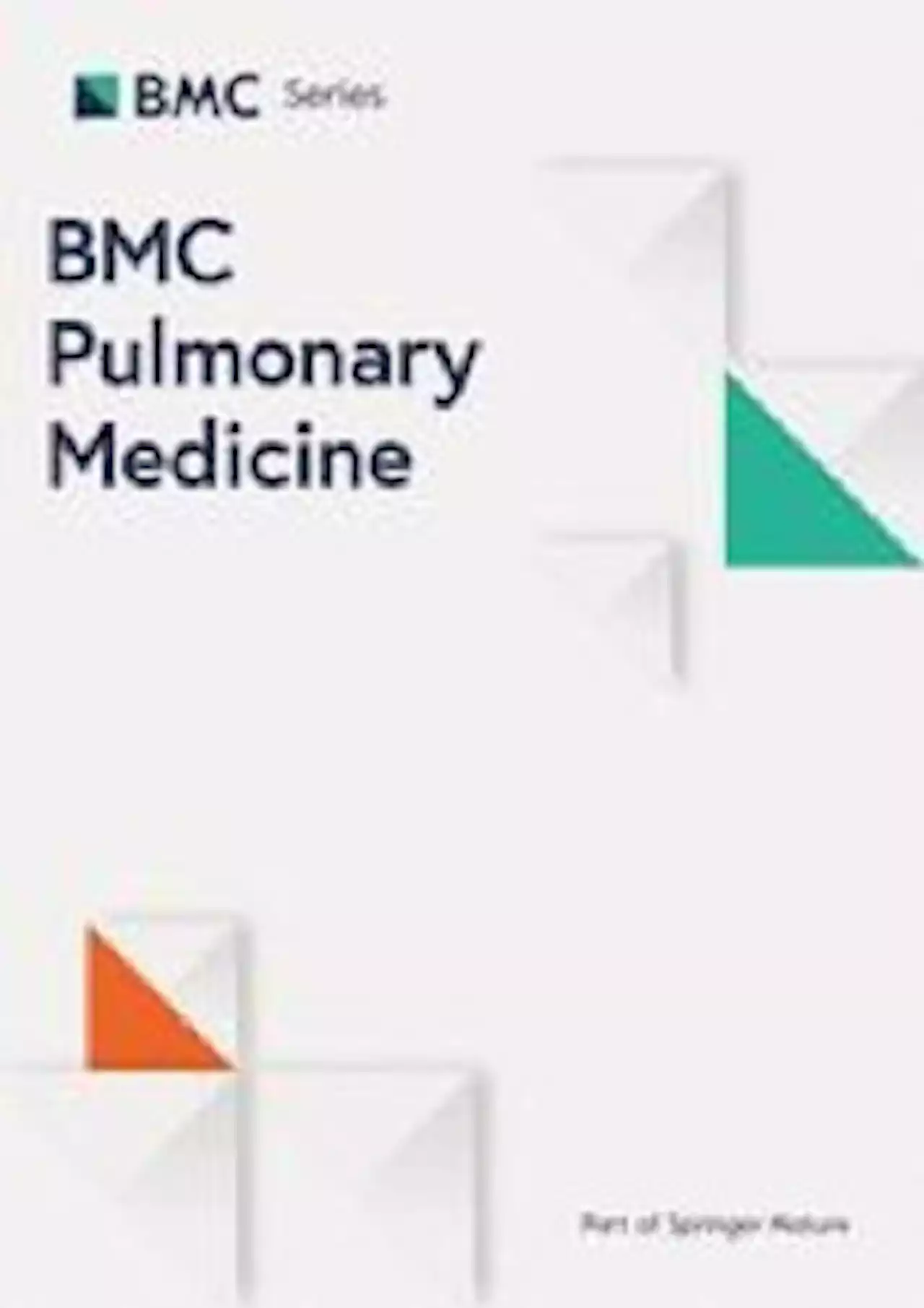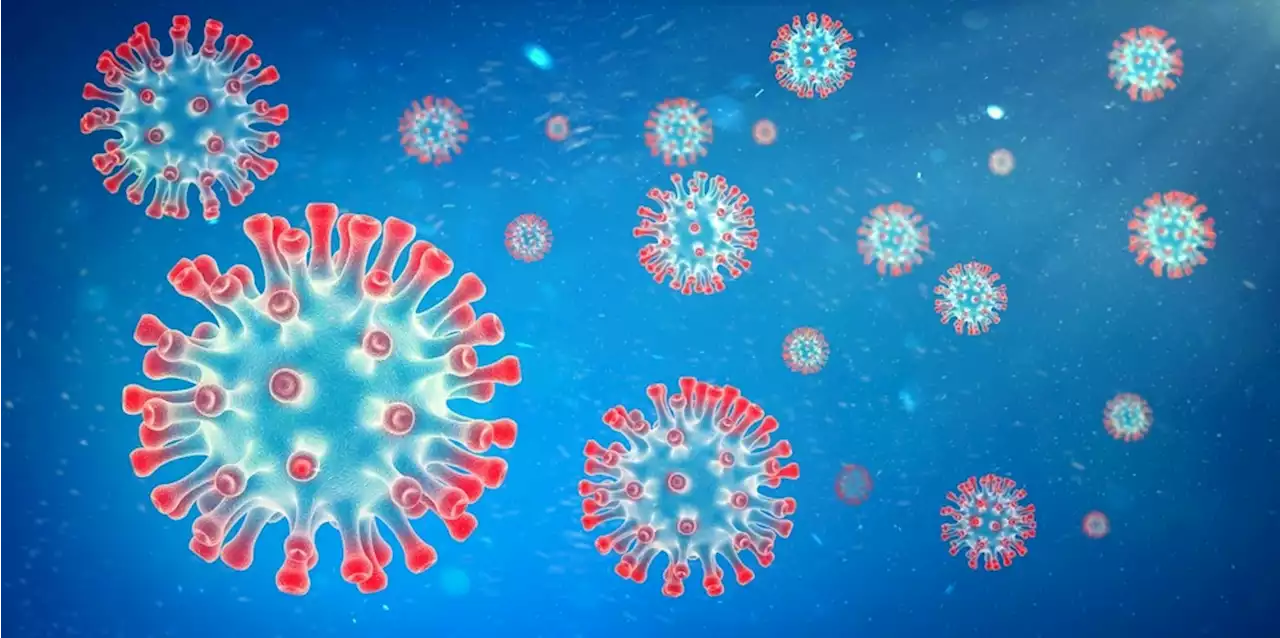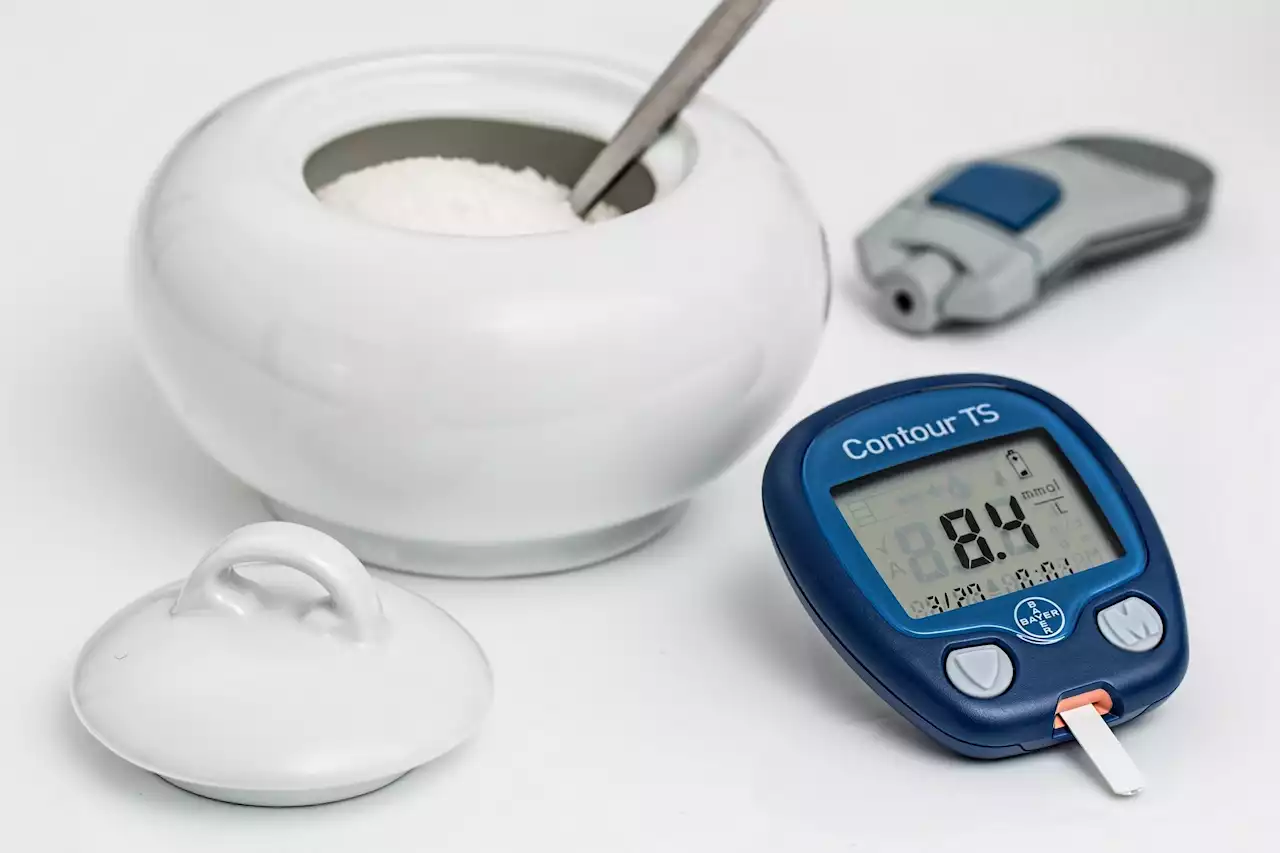Study recommends using age, not weight, to screen for diabetes northwesternu
"All major racial and ethnic minority groups develop diabetes at lower weights than white adults, and it's most pronounced for Asian Americans," said lead investigator Dr. Matthew O'Brien, an associate professor of medicine at Northwestern University Feinberg School of Medicine and a Northwestern Medicine physician."It might sound counterintuitive because we think of being overweight or obese as the primary cause of diabetes," O'Brien said.
Diagnosing diabetes in adults from racial and ethnic minority groups is often delayed when compared with diagnosis in white adults. A delayed diagnosis means the disease is harder to control, and individuals are more likely to develop diabetes complications in the heart, eyes and kidneys, while also having a higher risk of dying.
Approximately half of U.S. adults have type 2 diabetes or prediabetes, representing a major public health concern. Overall, 81% of adults with prediabetes are not aware of having the condition, and 23% of diabetes cases remain undiagnosed. Up to 70% of adults with prediabetes will eventually develop diabetes.Asian American adults often develop diabetes and prediabetes at a normal weight.
The Task Force also suggested that clinicians consider earlier screening in racial and ethnic groups with high diabetes risk at younger ages or lower BMI. However, these alternatives were not formally included in their recommendation. The current study evaluated several options for earlier screening, which provides evidence that can inform future changes to the Task Force's guideline.
Ireland Latest News, Ireland Headlines
Similar News:You can also read news stories similar to this one that we have collected from other news sources.
 Opioid death projections with AI-based forecasts using social media language - npj Digital MedicineNew AI model using socialmediaposts may help predict community deaths from opioiduse stonybrooku NaturePortfolio
Opioid death projections with AI-based forecasts using social media language - npj Digital MedicineNew AI model using socialmediaposts may help predict community deaths from opioiduse stonybrooku NaturePortfolio
Read more »
 Post-COVID dyspnea: prevalence, predictors, and outcomes in a longitudinal, prospective cohort - BMC Pulmonary MedicineBackground The pathophysiology, evolution, and associated outcomes of post-COVID dyspnea remain unknown. The aim of this study was to determine the prevalence, severity, and predictors of dyspnea 12 months following hospitalization for COVID-19, and to describe the respiratory, cardiac, and patient-reported outcomes in patients with post-COVID dyspnea. Methods We enrolled a prospective cohort of all adult patients admitted to 2 academic hospitals in Vancouver, Canada with PCR-confirmed SARS-CoV-2 during the first wave of COVID between March and June 2020. Dyspnea was measured 3, 6, and 12 months after initial symptom onset using the University of California San Diego Shortness of Breath Questionnaire. Results A total of 76 patients were included. Clinically meaningful dyspnea (baseline score | 10 points) was present in 49% of patients at 3 months and 46% at 12 months following COVID-19. Between 3 and 12 months post-COVID-19, 24% patients had a clinically meaningful worsening in their dyspnea, 49% had no meaningful change, and 28% had a clinically meaningful improvement in their dyspnea. There was worse sleep, mood, quality of life, and frailty in patients with clinically meaningful dyspnea at 12 months post-COVID infection compared to patients without dyspnea. There was no difference in PFT findings, troponin, or BNP comparing patients with and without clinically meaningful dyspnea at 12 months. Severity of dyspnea and depressive symptoms at 3 months predicted severity of dyspnea at 12 months. Conclusions Post-COVID dyspnea is common, persistent, and negatively impacts quality of life. Mood abnormalities may play a causative role in post-COVID dyspnea in addition to potential cardiorespiratory abnormalities. Dyspnea and depression at initial follow-up predict longer-term post-COVID dyspnea, emphasizing that standardized dyspnea and mood assessment following COVID-19 may identify patients at high risk of post-COVID dyspnea and facilitating early and effective managem
Post-COVID dyspnea: prevalence, predictors, and outcomes in a longitudinal, prospective cohort - BMC Pulmonary MedicineBackground The pathophysiology, evolution, and associated outcomes of post-COVID dyspnea remain unknown. The aim of this study was to determine the prevalence, severity, and predictors of dyspnea 12 months following hospitalization for COVID-19, and to describe the respiratory, cardiac, and patient-reported outcomes in patients with post-COVID dyspnea. Methods We enrolled a prospective cohort of all adult patients admitted to 2 academic hospitals in Vancouver, Canada with PCR-confirmed SARS-CoV-2 during the first wave of COVID between March and June 2020. Dyspnea was measured 3, 6, and 12 months after initial symptom onset using the University of California San Diego Shortness of Breath Questionnaire. Results A total of 76 patients were included. Clinically meaningful dyspnea (baseline score | 10 points) was present in 49% of patients at 3 months and 46% at 12 months following COVID-19. Between 3 and 12 months post-COVID-19, 24% patients had a clinically meaningful worsening in their dyspnea, 49% had no meaningful change, and 28% had a clinically meaningful improvement in their dyspnea. There was worse sleep, mood, quality of life, and frailty in patients with clinically meaningful dyspnea at 12 months post-COVID infection compared to patients without dyspnea. There was no difference in PFT findings, troponin, or BNP comparing patients with and without clinically meaningful dyspnea at 12 months. Severity of dyspnea and depressive symptoms at 3 months predicted severity of dyspnea at 12 months. Conclusions Post-COVID dyspnea is common, persistent, and negatively impacts quality of life. Mood abnormalities may play a causative role in post-COVID dyspnea in addition to potential cardiorespiratory abnormalities. Dyspnea and depression at initial follow-up predict longer-term post-COVID dyspnea, emphasizing that standardized dyspnea and mood assessment following COVID-19 may identify patients at high risk of post-COVID dyspnea and facilitating early and effective managem
Read more »
 Researchers identify neutrophils as major culprits in treatment resistance of pancreatic cancerResearchers have shown for the first time exactly how immature neutrophils—white blood cells that are an important part of the immune system—are hijacked by pancreatic cancers to drive immunosuppression and treatment resistance. The study, led by investigators at Sylvester Comprehensive Cancer Center at the University of Miami Miller School of Medicine, is published in Cancer Discovery, a journal of the American Association for Cancer Research.
Researchers identify neutrophils as major culprits in treatment resistance of pancreatic cancerResearchers have shown for the first time exactly how immature neutrophils—white blood cells that are an important part of the immune system—are hijacked by pancreatic cancers to drive immunosuppression and treatment resistance. The study, led by investigators at Sylvester Comprehensive Cancer Center at the University of Miami Miller School of Medicine, is published in Cancer Discovery, a journal of the American Association for Cancer Research.
Read more »
 Researchers develop first-of-its-kind prediction model for newborn seizuresResearchers from the Neuroscience Center at Children's Hospital of Philadelphia (CHOP) have developed a prediction model that determines which newborn babies are likely to experience seizures in the Neonatal Intensive Care Unit (NICU). This model could be incorporated into routine care to help the clinical team decide which babies will need electroencephalograms (EEGs) and which babies can be safely managed in the Neonatal Care Unit without monitoring through EEGs. This would allow families and providers to care for babies without intrusive and unnecessary procedures. The findings were published by The Lancet Digital Health.
Researchers develop first-of-its-kind prediction model for newborn seizuresResearchers from the Neuroscience Center at Children's Hospital of Philadelphia (CHOP) have developed a prediction model that determines which newborn babies are likely to experience seizures in the Neonatal Intensive Care Unit (NICU). This model could be incorporated into routine care to help the clinical team decide which babies will need electroencephalograms (EEGs) and which babies can be safely managed in the Neonatal Care Unit without monitoring through EEGs. This would allow families and providers to care for babies without intrusive and unnecessary procedures. The findings were published by The Lancet Digital Health.
Read more »
 International trade of colistin in animal feed continues unabatedInternational trade of colistin in animal feed continues unabated Antibiotic AntibioticResistance Ecoli Food Meat Medicine Plasmid Prophylaxisa LancetMicrobe cardiffuni UniofOxford
International trade of colistin in animal feed continues unabatedInternational trade of colistin in animal feed continues unabated Antibiotic AntibioticResistance Ecoli Food Meat Medicine Plasmid Prophylaxisa LancetMicrobe cardiffuni UniofOxford
Read more »
 SARS-CoV-2 infection enhances vaccine-induced immunological memory against spike proteinSARS-CoV-2 infection enhances vaccine-induced immunological memory against spike protein Coronavirus Disease COVID Protein SARSCoV2 SpikeProtein Vaccine ScienceTM UnivLyon1CNRS UniversiteLyon Inserm
SARS-CoV-2 infection enhances vaccine-induced immunological memory against spike proteinSARS-CoV-2 infection enhances vaccine-induced immunological memory against spike protein Coronavirus Disease COVID Protein SARSCoV2 SpikeProtein Vaccine ScienceTM UnivLyon1CNRS UniversiteLyon Inserm
Read more »
